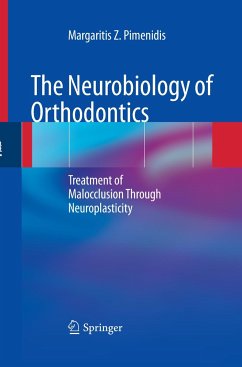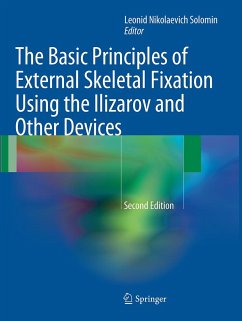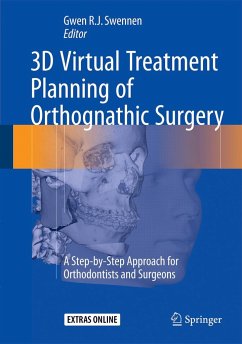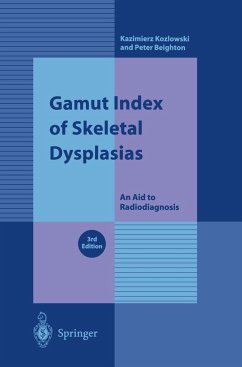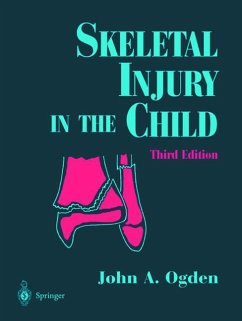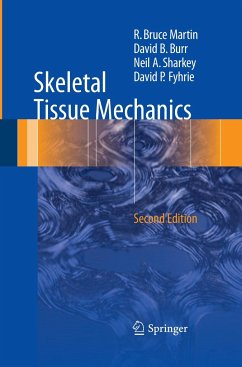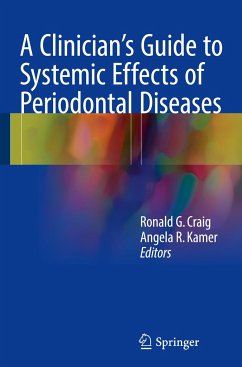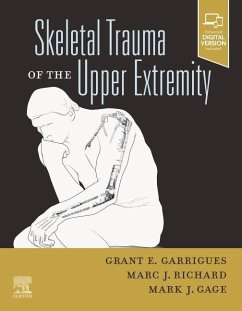
Temporary Skeletal Anchorage Devices
A Guide to Design and Evidence-Based Solution
Herausgegeben: Kim, Ki Beom
Versandkostenfrei!
Versandfertig in 6-10 Tagen
91,99 €
inkl. MwSt.

PAYBACK Punkte
46 °P sammeln!
Anchorage control is one of the most challenging tasks in orthodontic treatment. Many different types of appliance are used to control anchorage, but an excellent outcome may be difficult to achieve owing to either poor mechanics or inadequate patient compliance. Recently, temporary skeletal anchorage devices (TSADs) have become popular in orthodontics. Some orthodontic movements that are now possible using TSADs were previously considered almost impossible with traditional orthodontic appliances.Several different types of TSAD are currently available, and in choosing between them orthodontist...
Anchorage control is one of the most challenging tasks in orthodontic treatment. Many different types of appliance are used to control anchorage, but an excellent outcome may be difficult to achieve owing to either poor mechanics or inadequate patient compliance. Recently, temporary skeletal anchorage devices (TSADs) have become popular in orthodontics. Some orthodontic movements that are now possible using TSADs were previously considered almost impossible with traditional orthodontic appliances.
Several different types of TSAD are currently available, and in choosing between them orthodontists are obliged to rely on the information provided by manufacturers, which is often not based on scientific evidence. This book therefore presents the various design characteristics of TSADs and provides up-to-date scientific evidence to assist orthodontists in selecting the best TSADs for their patients.
Several different types of TSAD are currently available, and in choosing between them orthodontists are obliged to rely on the information provided by manufacturers, which is often not based on scientific evidence. This book therefore presents the various design characteristics of TSADs and provides up-to-date scientific evidence to assist orthodontists in selecting the best TSADs for their patients.



